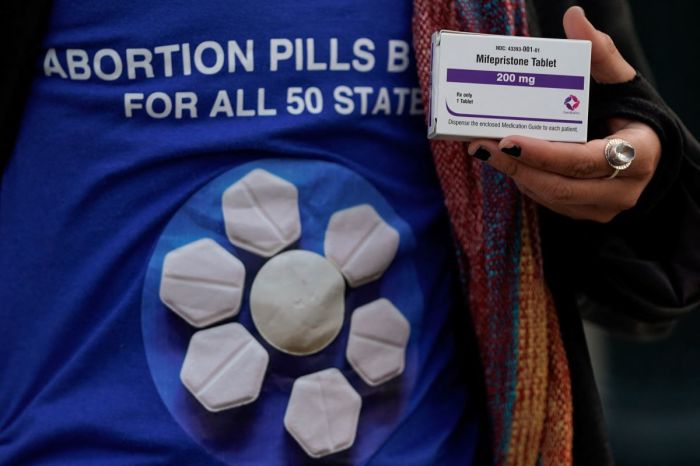
Illinois has become the latest state to require public colleges and universities to make contraception and the abortion pill available to students. This comes amid ongoing debates over the legality of abortion and the harms of abortion pills.
Democratic Gov. J.B. Pritzker signed House Bill 3709 into law last week after the Democrat-controlled Illinois House of Representatives passed the bill in a 74-40 vote and the Democrat-controlled state Senate voted 37-19 to advance the legislation.
The bill, which passed largely along party lines with all support coming from Democrats and nearly all opposition coming from Republicans, amends the state’s Public Higher Education Act to require all public colleges and universities in the state that provide “student health services” to require healthcare professionals to dispense contraception and medication abortion to students.
In addition to requiring healthcare workers to offer contraceptives to students, the measure also mandates colleges and universities with pharmacies to dispense contraceptives and abortion-inducing drugs. The legislation also requires schools to adopt the new policies beginning with the 2025-26 school year.
Pritzker’s approval of House Bill 3709 is the latest example of Democrat-led states taking steps to increase access to abortion following the U.S. Supreme Court’s 2022 Dobbs v. Jackson decision, which ruled that the U.S. Constitution does not contain a right to abortion. Illinois is one of 29 states that the pro-life group Susan B. Anthony Pro-Life America has identified as having “few or no protections” for unborn babies.
Shortly after the Dobbs decision, Illinois became a haven for those seeking abortions from nearby states that either implemented restrictions on abortion or near-total bans on abortion.
In 2022, Planned Parenthood unveiled a mobile clinic that travels along Illinois’ border with Kentucky, Missouri and Tennessee to perform abortions on women who live in those states.
Earlier this year, an all-trimester abortion facility opened in Chicago. Pro-life activists attributed the opening of the new abortion facility to the passage of a law approved by Pritzker in 2019: the Reproductive Health Act. The measure repealed the state’s ban on partial birth abortion and expanded the definition of exceptions to abortion limits in cases where the “health of the patient” includes physical, emotional, psychological, familial health and age.
The new law requiring colleges to provide contraceptives and abortion pills to students comes as the Trump administration has vowed to probe the safety of medication-induced abortion, also known as chemical abortion.
At a hearing on Capitol Hill earlier this year, U.S. Secretary of Health and Human Services Robert F. Kennedy Jr. indicated that his agency was conducting a “top-to-bottom review” of safety concerns regarding the abortion pill.
A report published earlier this year by the Ethics and Public Policy Center found that more than 10% of women who took the abortion pill experienced “adverse effects” from the medication. Examples of complications suffered by these women include hemorrhaging, emergency room visits, ectopic pregnancies and sepsis.
Illinois is not the only state to require college campuses to dispense abortion pills. In 2019, three years before the Dobbs decision, California’s Democratic Gov. Gavin Newsom signed into law a measure that made his state the first to require public colleges and universities to make abortion pills available to students.
Ryan Foley is a reporter for The Christian Post. He can be reached at: ryan.foley@christianpost.com

















